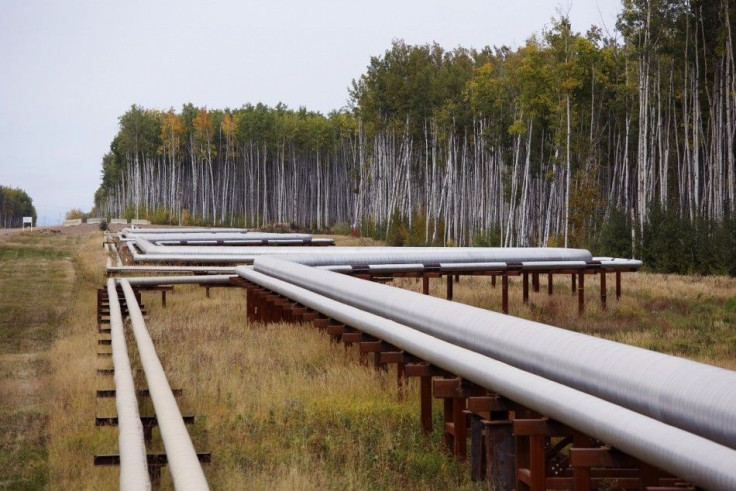Canada Trying To Block NAFTA Scrutiny of Tailing Ponds Produced By Oil Sands in Alberta

Canada is reportedly trying to stop North American Free Trade Agreement's environmental watchdog from making a scrutiny of the environmental effects of the tailings ponds produced by oilsands in Alberta. Canada's move also appears to have the tacit support of Mexico and the U.S. in thwarting a formal investigation. This is happening the third time. Earlier also, Canada stopped NAFTA from a detailed scrutiny of its environmental record. The tailings ponds have been a big political issue for Alberta and Canadian governments.
Environmental Damage
As a damaging symbol of the environmental footprint of oilsands production, the ponds are rotting in an expanse of 176 square kilometres where toxic mixture comprising water, clay and chemicals are spread out as the left over, after oil is extracted, reported Cbc. Ca News. Evidence suggests the ponds have been seeping into the nearby ground and water bodies. Two environmental groups and three private citizens from Alberta, Saskatchewan and the N.W.T. had urged the Commission on Environmental Co-operation to probe Canada whether it is breaking its own Federal Fisheries Act, by failing to prevent tailings from leaking into the Athabasca River and creeks of Northern Alberta.
Explained Dale Marshall of Environmental Defence, a group that launched the complaint in 2010, "It was important for us to know whether this was happening and whether environmental laws were being broken and whether the government is upholding those laws or ignoring them."
NAFTA Probe
The Commission on Environmental Co-operation was in set up in 1994 as part of the NAFTA's resolve on environmental disputes and provide the public an outlet for environmental concerns. The Commission investigated public complaints in Canada, Mexico and the U.S. to recommend a "factual record", though it lacks the power to compel countries to do anything. The final call on an investigation is made by a council of the environment ministers from the three countries.
Obstructionist Approach
In Jan 2014, Dan McDougall, assistant deputy minister in Canada's international affairs branch, wrote a letter to the Commission telling "not to proceed further with this submission." Claiming the issue as subjudice, he said the rules mandate that if there is a pending court case, no factual report can be done. But the Commission discovered the court case was not proceeding and wanted the investigation to go ahead, reported eScience News. Following this, McDougall wrote another letter urging the Commission to know that "it has no jurisdiction to check domestic law" and told it to "cease this analysis." According to Hugh Benevides, legal officer for the commission, Canada is the only country, taking such an approach.
(The writer can be reached with feedback at kalyanaussie@gmail.com)





















